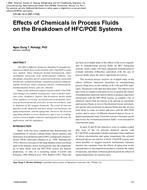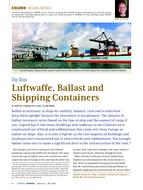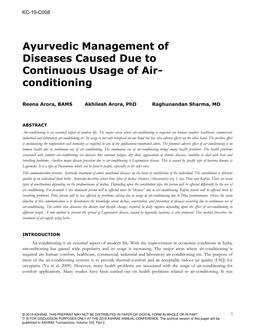A new quasi-static model has been developed to simulate steam turbine cogeneration plants with varying loads. The model is designed to bridge the gap between static design point models that could not accommodate part-load conditions and complex part-load models, which are too expensive for small-scale cogeneration proposals. In addition, the model contains economic analysis tools to analyze the thermoeconomic performance of the plant and conduct a cash flow analysis. The model consists of four submodels’a load, system, plant, and economic model. The load submodel drives the cogeneration plant simulation, supplying utility demands to the system models. The system submodels calculate the steam required by the system components to meet the utility demands. The plant submodel then predicts turbine and boiler performance as they meet the steam demand. The primary plant submodel outputs are the electricity generated and quantity of coal consumed by the boiler, which are used by the economic submodel to conduct a thermoeconomic analysis of the site as well as a discounted cash flow analysis. The model was tested with the data at the Auckland hospital (New Zealand) and was found to agree to within ±10%.
Units: SI
Citation: ASHRAE Transactions, vol. 106, pt. 2
Product Details
- Published:
- 2000
- Number of Pages:
- 12
- File Size:
- 1 file , 470 KB
- Product Code(s):
- D-7213


